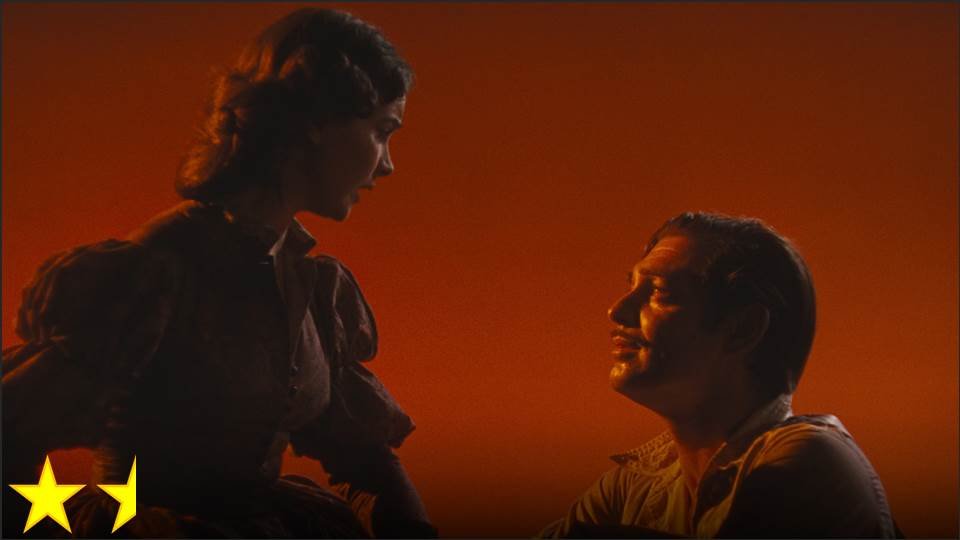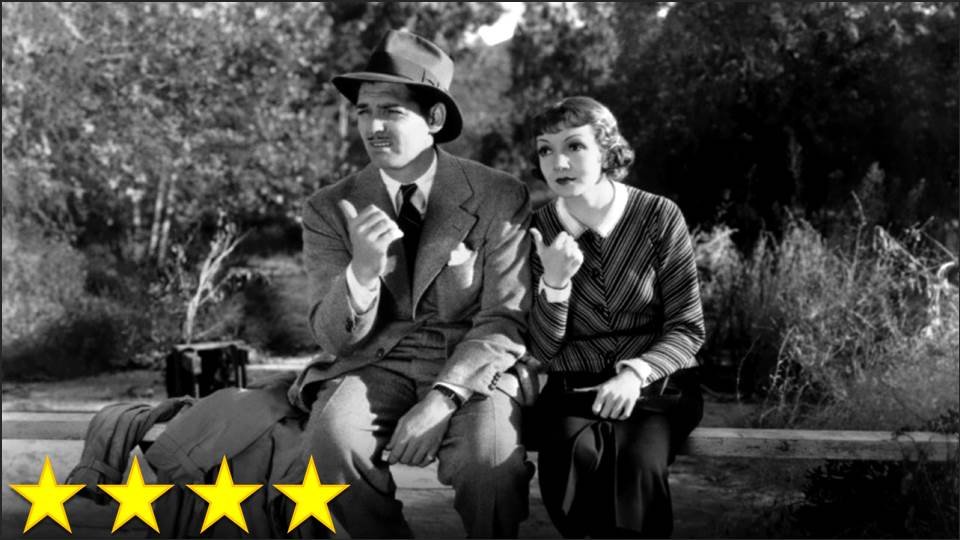It’s amazing to me just how different someone’s conception of a film can be from what it actually turns out to be, especially because of marketing. Consider the above image. Fortunately, I don’t think I saw this front cover image before seeing the film, but if I had, I certainly would’ve gotten the wrong idea entirely. This gives one the impression that it’s a simple, brainless, lighthearted comedy about two men (seemingly equal in status) rivaling for the heart of the same woman. As a matter of fact, the movie is not brainless – I don’t think any Billy Wilder films are – and it’s not very light – it’s actually so adult as to challenge everything I thought I understood about the Production Code (which is also usual for Wilder films). Without giving too much plot away, here’s the premise: a man works his way up through his company by offering his apartment to his bosses as a secret place for them to have extra-marital affairs. Obviously, it’s also a romantic comedy.
I first became interested in this movie simply because it was a high-ranking Wilder comedy, but then I became more interested when I saw in on Rob Walker’s list of “alternative” Christmas movies to watch during the 2016 holiday season. I’m not sure if a movie counts as a “Christmas movie” simply by taking place around Christmas and New Year’s, but if so, this isn’t a bad film to watch during the holidays. That being said, I don’t think it’s particularly heartwarming, and I’m not even sure of what moral lesson I’ve learned from it. I know that I got caught up in the drama more than the comedy, although I couldn’t understand why Jack Lemmon’s character handled the situations he found himself in so unwisely when he could have done a better job of explaining himself and keeping his good name. Still, I like Lemmon’s performance, Fred MacMurray’s character is perfect, and I care for Shirley MacLaine’s character in all the ways I’m supposed to. It may be a very slow and tedious film at times, but it’s clever and it works, making for a very cynical, yet beautiful romance.





